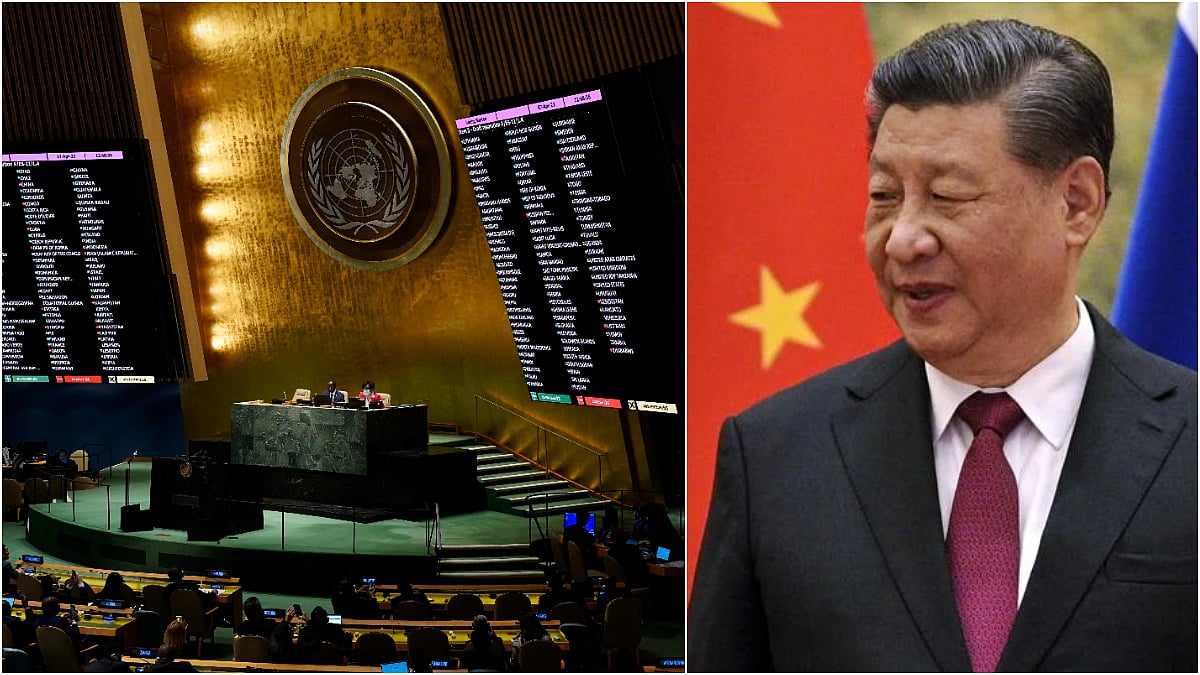In January this year, the Bombay High Court granted interim bail to former ICICI managing director and CEO Chanda Kochhar, her husband Deepak Kochhar, and Videocon Chairman Venugopal Dhoot within weeks of their arrest in the ICICI-Videocon loan fraud case.
The court observed at the time that their arrest was “not in accordance with law” and that “no serious efforts” were made by the special court to scrutinise documents while granting custody.

Discretionary power of arrest under Section 41A
A bench headed by Justice Revati Mohite-Dere held that the arrest was in violation of Section 41A of the Code of Criminal Procedure (CrPC), which mandates sending notice for appearance before the concerned police officer.
This is one of many cases in which the accused have got the benefit of doubt, as investigating agencies and magistrates / special judges fail to follow procedure while arresting and granting remand.
The courts have repeatedly stressed the need to adhere to Section 41A, which mandates that the agency, in cases where arrest is not warranted, issue summons to the accused and record his or her statement.
ICICI-Videocon case
In the ICICI-Videocon case, the HC had added that the object of Section 41A was to “ensure that officers do not arrest the accused unnecessarily and the magistrates do not authorise detention casually and mechanically”.
However, this is rarely done. Agencies and judges misuse the power to arrest and order remand so oftenthat the Supreme Court directed that its judgments laying down guidelines regarding arrest and bail be made part of the curriculum of state judicial academies.
An SC bench headed by Justice SK Kaul, while hearing Satendra Kumar Antil V Central Bureau of Investigation case, had emphasised that accused should not be remanded in custody in a mechanical manner. The judgment also suggested that the Union government should bring a ‘Bail Act’ to streamline the process for granting bail.
Section 170 of the CrPC
Justice Kaul’s bench, in another case, had held that Section 170 of the CrPC does not impose an obligation on the officer-in-charge to arrest each and every accused at the time of filing of the charge sheet. It had observed that the practice of some trial courts of insisting on the arrest of an accused as a prerequisite formality to take the charge-sheet on record is misplaced and contrary to the very intent of Section 170.
Advocate Ilin Saraswat, who practises in the SC, said that in several cases the apex court has “criticised” the practice of magistrate courts to “mechanically” grant remand to police of every accused who comes before them.
Defence advocates have often opposed remand of accused and pointed out to magistrates that the police did not follow provisions of the 41A.
The accused may be released on bail by a higher court, or acquitted after years of trial, but the social stigma that comes with arrest remains.

Here's what experts say
Well-known advocate Vijay Agarwal, who represented several politicians in the 2G scam and many others who are facing money laundering cases, said that unless the arresting agency and trial courts are questioned, things will not change. “Arrest once done causes humiliation and casts scar forever. Subsequent release and even acquittal cannot undo the havoc created in somebody’s life by arrest. See what happened in the 2G case. My clients were inside for over one year. There was an acquittal, but can anyone return those days spent in jail?” he said.
Advocate Ravi Jadhav, who represents Nagpur lawyers Satish Uke and Prakash Uke in a money laundering case, said that unnecessary arrests and detention lead to pre-trial conviction. “The investigating officer must conduct a preliminary inquiry, especially when the accused had no criminal antecedents and verify the allegations. The reform needs to come at the police station level with directions from the law ministry and home ministry,” said Jadhav.
Similar Cases
Marathi actor Ketaki Chitale, who was arrested for her post against NCP chief Sharad Pawar, has petitioned the HC seeking that her arrest be declared illegal since the police failed to follow the provisions of 41A.
Businessman and Bollywood actor Shilpa Shetty’s husband, Raj Kundra, who was arrested for making pornographic content and circulating it on OTT platforms for financial consideration, had also contended that the police arrested him without issuing notice under Section 41A. He claimed that he was called for questioning, and when he went to the police station, he was given a 41A notice and immediately arrested.









.png)



